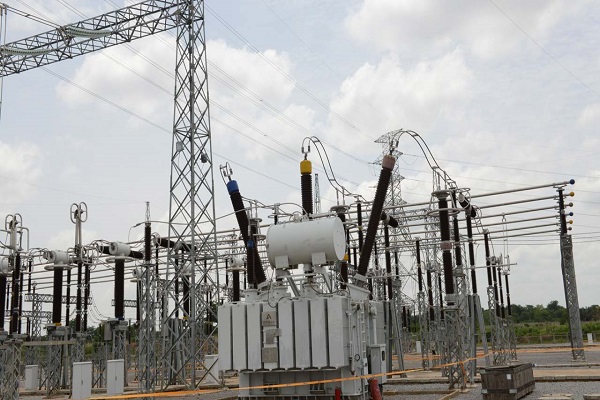PAG Felicitates Muslims on Commencement of Ramadan Fast
February 18, 2026TOP TEN MUSLIM UNIVERSITIES IN AFRICA
February 14, 2026ANALYSIS: Why Nigeria GDP is not the best in Africa Despite having the largest market
February 10, 2026Business Tycoons Grumble As Electricity Crisis Deepens
Business Tycoons Grumble As Electricity Crisis Deepens

Nigerians are lamenting the consequences of epileptic power supply that has characterized the Nigeria Electricity Supply Industry (NESI) in recent times.
Nigeria’s electricity generation, which was around 4,000 Megawatt (MW) in the past 10 years, has further plunged to 3,500 MW lately.
The drop in generation was attributed to the inability of the electricity generation companies to pay for gas suppliers that feed their plants, according to people with knowledge of happenings in the industry.
The Minister of Power, Adebayo Adelabu, had said that gas companies are being owed over N3 trillion, with the government having N1.3 trillion debt yet to be redeemed.
Similarly, the lack of rainfall because of the dry season has reduced the flow of water to hydro power plants that contribute 27 per cent of electricity to Nigeria’s energy mix.
With the price of alternative energy from fossil fuel rising by more than 100 per cent due to removal of subsidy, small business owners who spoke Daily Trust on Sunday said the continued poor power supply from the national grid is having huge negative effects on their businesses.
This is just as they said they have stopped buying large quantities of perishable goods due to poor electricity to sustain their ventures.
The most affected include barbers, hairdressing salons, welders, printers, computer operators, dry cleaners, cold soft drink vendors, grinding machine operators, restaurateurs, tailor, who use industrial sewing machines, among others.
In Minna, the capital of Niger State, fresh tomato and pepper sellers have attributed low patronage to the power crisis as customers are finding it difficult to preserve the commodities in their refrigerators.
The Chairman, Fresh Tomato, Pepper, Onion and Vegetable Sellers Association, Alhaji Bala Kura, said the patronage in the past month has dwindled, calling on the government to intervene.
A Minna based printer and publisher, James Adelowo, said the epileptic power supply situation has been frustrating.
He said engaging in small business is no longer profitable.
“It is frustrating and really killing. Every profit we make goes back to fuelling the generator. Most of the time, we can’t even afford the fuel, so businesses are really going through a very tough time now,” he said.
Another printer, Sunday Samuel, disclosed that: “Some days, I don’t do anything because if I buy N5,000 fuel, it doesn’t take me anywhere. Before you know, it is finished.”
Another resident, Mrs Amina Sadeeq, said she often purchases tomatoes and meat in large quantities and stores some in her refrigerator but the poor power situation has forced her to stop.
END.








